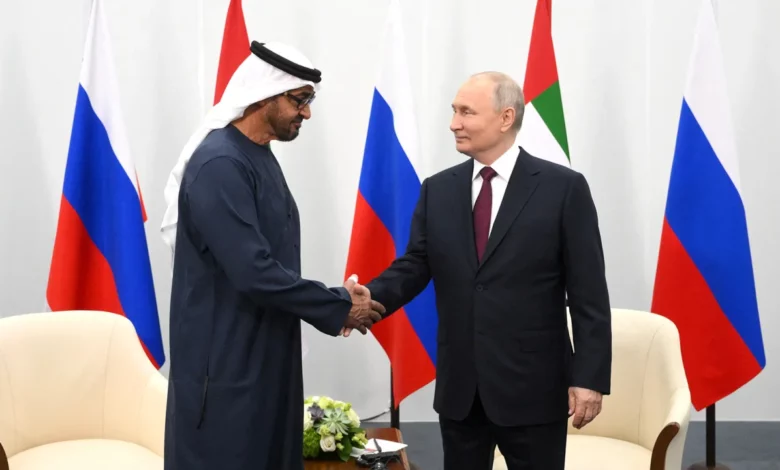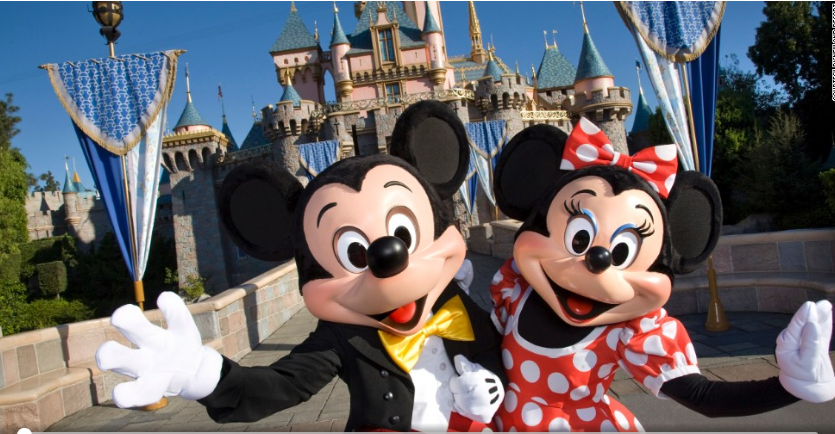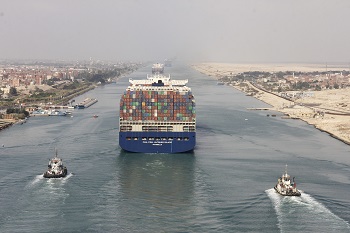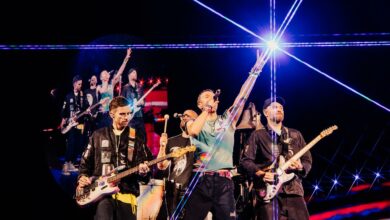
While on a working visit to Russia, the UAE president briefly toured the country’s pavilion at the St. Petersburg International Economic Forum (SPIEF).
Until Friday morning, most foreign officials listed to attend were largely at the ministerial level, representing countries that have played a neutral role in Russia’s war on Ukraine.
“I am pleased to be here today with you, your Excellency, and we wish to build on this relationship and we put our trust in you to do so,” Sheikh Mohammed told Putin.
Held in the city of Putin’s birth and upbringing, the SPIEF was once one of Russia’s main international summits. The event however has seen no attendance from Western nations since the Ukraine war and a prominent appearance risks drawing the ire of the US and Europe determined to isolate Russia in the international stage.
For the UAE, this is a “calculated risk” it is willing to take, part of the Gulf nation’s policy of de-escalation and dialogue in an increasingly polarized world, a top UAE official told CNN in exclusive comments on Thursday.
“This polarization has to be broken,” Anwar Gargash, the diplomatic adviser to the UAE president, said.
“[Sheikh Mohamed] meets a lot of Western leaders, it is also important for him to hear from President Putin to be able also to support the international community’s collective effort, in order to go beyond the current polarization,” Gargash said.
“We are trying to hear all sides,” said Gargash. He described the UAE president’s visit to Russia as part of that policy. A “positive calculated risk” to ensure that channels remain open with Putin.
In their televised meeting, Putin thanked Sheikh Mohamed for his efforts to “resolve humanitarian issues in the course of events in Ukraine related to the exchange of detainees.”
The UAE’s state-run WAM news agency said Sheikh Mohamed spoke to Putin about accelerating efforts to “mitigate the humanitarian repercussions of the crisis and supporting prisoner-exchange initiatives on both sides.”
Gargash said that rather than take a “conventional view of staying away from a crisis that’s engulfing everybody… we do really have to think of a positive difference.”
In December, the UAE mediated the release of American basketball player Brittney Griner in exchange for Russian arms dealer Victor Bout.
A senior UAE official told CNN in December that Sheikh Mohamed’s meeting with Putin in October last year was part of the reason Griner was released.
Dina Esfandiary, senior advisor for the Middle East and North Africa at the Crisis Group, said the UAE builds influence globally through mediation.
“Given it maintained ties with Russia and also speaks with the US, it is well-placed to do this,” she told CNN.
One year since Russia’s invasion of Ukraine, the Gulf state’s balancing act demonstrates a wider policy across the Middle East of discreet neutrality, as well as the United States’ inability to sway its Middle Eastern allies to join the Western camp against its adversaries.
The UAE hosts 5,000 US troops in Al Dhafra air base outside its capital Abu Dhabi. Over the past three years it has developed close ties with Israel, becoming one of its closest allies in the Middle East.
Meanwhile, its bilateral trade with Russia increased by 68% to $9 billion in 2022, mostly Russian exports to the UAE. That still pales in comparison to exchange with its biggest trade partner, China, which reached $72 billion in non-oil trade alone, or even the US, which amounted to $23 billion in 2021.
The UAE also continues an open line of communication with Iran, is expanding business ties with China and has mended strained relations with Turkey.
But the UAE’s policy towards Russia has invited warnings from the US that individuals and institutions that allow Russia to evade sanctions risk losing access to G7 markets.
The UAE is this year’s “guest of honor” country at SPIEF, represented at the four-day event by the ruler of one of the seven Emirates that make up the Arab federation along with the UAE’s minister for economy Abdullah bin Touq Al Marri.
Esfandiary said the UAE is likely to “test the waters of what it can get away with before going full throttle with Russia.”
Zeena Saifi contributed to this article




